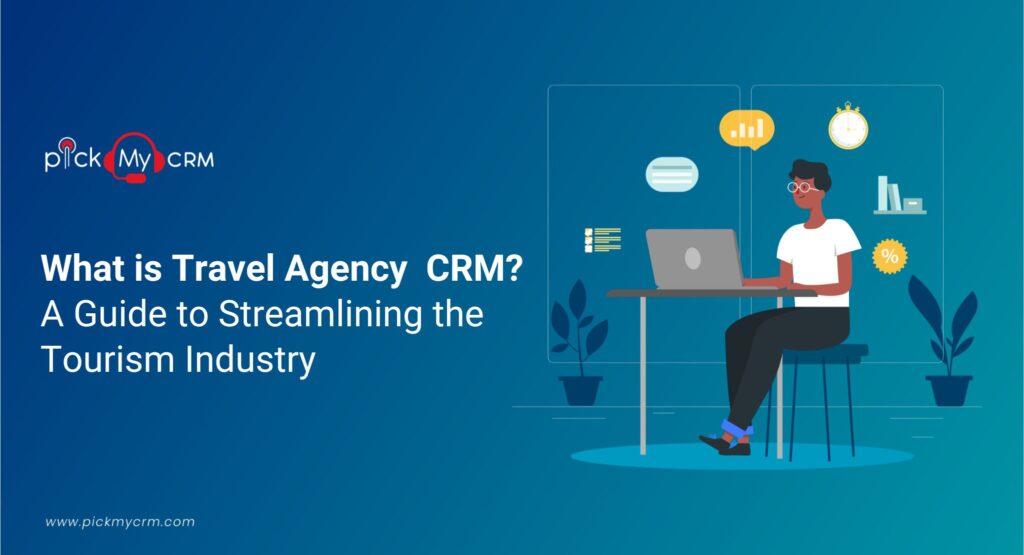Top 7 Best Practices of Travel Agency CRM in 2023

What is CRM in the Travel Industry?
Customer Relationship Management (CRM) in the travel industry is a comprehensive approach that enables travel agencies to effectively manage their interactions and relationships with both current and potential clients. It's more than just a software system; it's a strategic philosophy designed to enhance customer satisfaction, streamline operations, and ultimately boost profitability. At its core, CRM in travel encompasses the collection and analysis of data from various touchpoints, including emails, phone calls, social media, and in-person interactions. This data is then leveraged to tailor services, anticipate traveler preferences, and optimize marketing efforts.The key components of CRM in the travel industry include:
- Data Integration: Combining information from diverse sources to create a holistic view of each customer.
- Automation: Implementing automated processes for tasks like booking confirmations, travel itineraries, and post-trip feedback.
- Personalization: Using data to personalize travel recommendations and offers, enhancing the overall customer experience.
- Customer Communication: Maintaining open lines of communication with clients, offering timely assistance, and proactively addressing their needs.
- Analytics: Utilizing data analytics to gain insights into customer behavior, market trends, and the effectiveness of marketing campaigns.
Travel Agency CRM Best Practices
Effective utilization of CRM in the travel industry requires adherence to several best practices- Customer Segmentation: Categorize clients based on demographics, travel history, and preferences. This allows for the creation of targeted marketing campaigns and personalized travel recommendations.
- 360-Degree Customer View: Develop a comprehensive profile of each customer by aggregating data from all interactions. This aids in understanding their needs and expectations.
- Automated Booking and Confirmation: Implement automation for booking processes and sending out confirmations, reducing manual work and ensuring accuracy.
- Proactive Communication: Anticipate customer needs by reaching out with relevant offers, travel updates, and post-trip follow-ups.
- Data Security: Safeguard customer data through encryption and robust cybersecurity measures to maintain trust and compliance with data protection regulations.
- Training and Adoption: Ensure that your staff is proficient in using CRM tools and understands their importance in customer engagement.
- Continuous Improvement: Regularly assess the CRM system's performance and gather feedback from employees and clients to make necessary adjustments.



